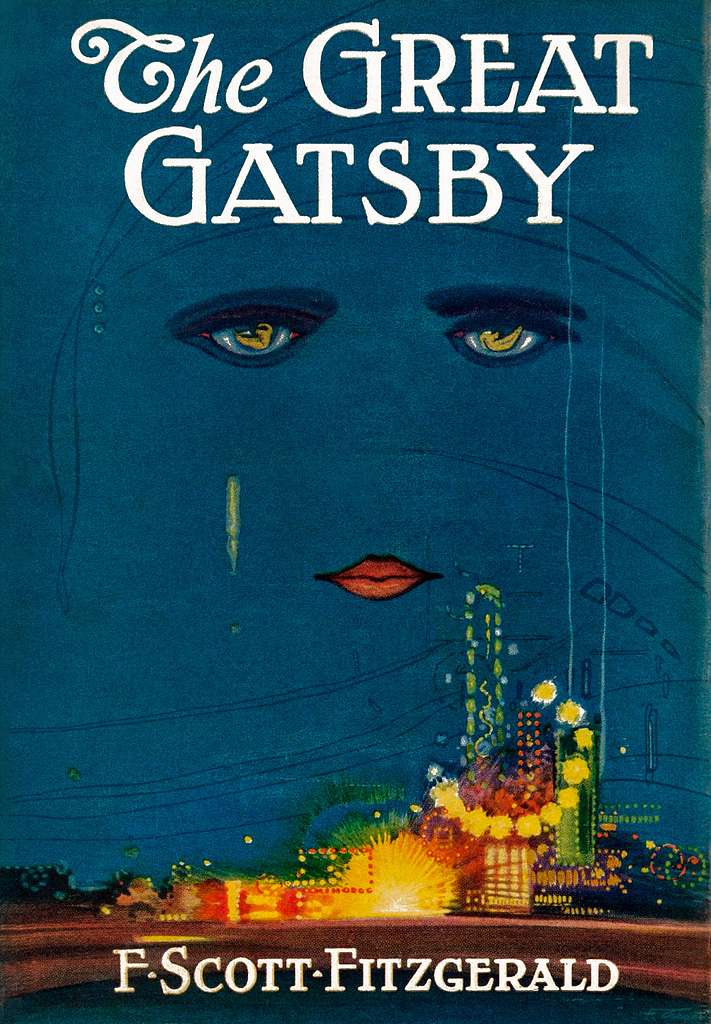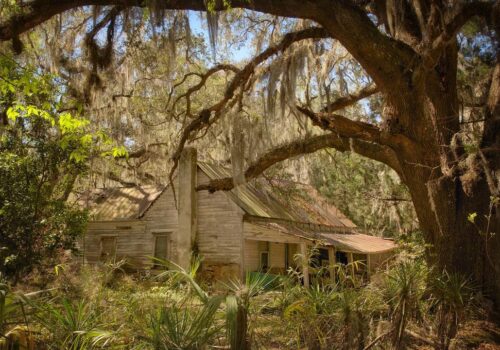
The Great Gatsby Turns 100: A Century of Dreams, Decay, and Dazzle
In 1925, F. Scott Fitzgerald gave America a story we didn’t know we needed—about hope and heartbreak, opulence and illusion, and the desperate pursuit of a dream that was already slipping out to sea. Now, a full century later, The Great Gatsby still holds a mirror to our country, asking us to look not just at the glitter, but at the cracks beneath it.
As the novel turns 100 years old in 2025, its legacy remains as layered as a jazz age cocktail—equal parts bitter and intoxicating, with a twist of tragedy.
A Portrait of the Roaring Twenties
When The Great Gatsby was first published on April 10, 1925, it wasn’t the success we now imagine. Initial reviews were mixed. Sales were modest. Fitzgerald, who had written the book while living in France and struggling to keep his life (and his marriage) from unraveling, would die thinking it had failed.
And yet… here we are.
The novel is now considered one of the greatest American novels ever written.
Set on Long Island’s Gold Coast during the roaring ’20s, the story unfolds through the eyes of Nick Carraway, who becomes entangled in the extravagant world of Jay Gatsby, a mysterious millionaire known for lavish parties and whispered rumors.
But Gatsby isn’t just a rich man. He’s a symbol—of longing, of reinvention, of the uniquely American belief that you can build a new future if you just want it badly enough.
Why It Still Resonates
One hundred years later, The Great Gatsby remains relevant because it taps into something deeper than flappers and fireworks. It explores the American Dream, not in its idealized form, but in its unraveling—when dreams become delusions and love is wrapped in illusion.
In Gatsby, we see ambition and desperation dancing in the same tuxedo.
In Daisy, we see the unattainable prize society told us we should chase.
In the valley of ashes, we see the working class discarded, living in the shadow of wealth.
It is a tale not just of a man, but of a country hurtling toward modernity with champagne in hand and blinders on.
Gatsby Through a Southern Lens
Though set in New York, The Great Gatsby still speaks to the Southern reader. Many of us know people like Gatsby—men who pull themselves up, sometimes through shady means, driven by memory, pride, and longing. We understand the codes of old money vs new, and the quiet but brutal lines society draws around who belongs where.
We also understand the melancholy beneath the music—the knowledge that you can pour your soul into something, and still come up empty. That sometimes the past really can’t be repeated, no matter how fast you drive or how loud the band plays.
A Celebration of Style and Substance
As the 100th anniversary approaches, Gatsby is being honored with re-releases, literary retrospectives, film screenings, and even themed galas that channel the spirit of West Egg.
Expect to see:
- New annotated editions of the novel
- Limited-edition cover art and collector’s items
- Essays from modern writers on Gatsby’s cultural legacy
- Public readings and academic panels
- Gatsby-themed events that blend 1920s fashion with 2020s flair
It’s a chance not just to revisit a classic, but to re-examine what it means today—in an era of influencers, curated identities, and social divide.
Final Reflections: Boats Against the Current
Perhaps the most famous line in the novel comes at the end, as Gatsby’s story sinks beneath the waves:
“So we beat on, boats against the current, borne back ceaselessly into the past.”
It’s a line about effort and inevitability. About trying—and sometimes failing—to move forward in a world tethered to memory.
One hundred years later, that line still speaks volumes. Not just about Gatsby, but about us.
In a time when America is still wrestling with its identity, when people are still chasing dreams across digital landscapes and economic divides, Gatsby’s story reminds us of the beauty and danger of believing in something too much.
And maybe that’s why we return to it.
Not because of the glitz or the tragedy, but because we see ourselves in the shimmer—and the shadows.
Here’s to 100 Years of Gatsby
Raise a glass to the man who believed too much.
To the writer who gave us a mirror wrapped in prose.
To the book that made us think about what it really means to want something—deeply, blindly, and forever.
Happy 100th, Gatsby. We’re still watching the green light.
Robbie Perdue
is a native North Carolinian who enjoys cooking, butchery, and is passionate about all things BBQ. He straddles two worlds as an IT professional and a farmer who loves heritage livestock and heirloom vegetables. His perfect day would be hunting deer, dove, or ducks then babysitting his smoker while watching the sunset over the blackwater of Lake Waccamaw.


You May Also Like

Holiday Gift Ideas: 2022
November 8, 2022
Photographing The Forgotten South
June 25, 2020
